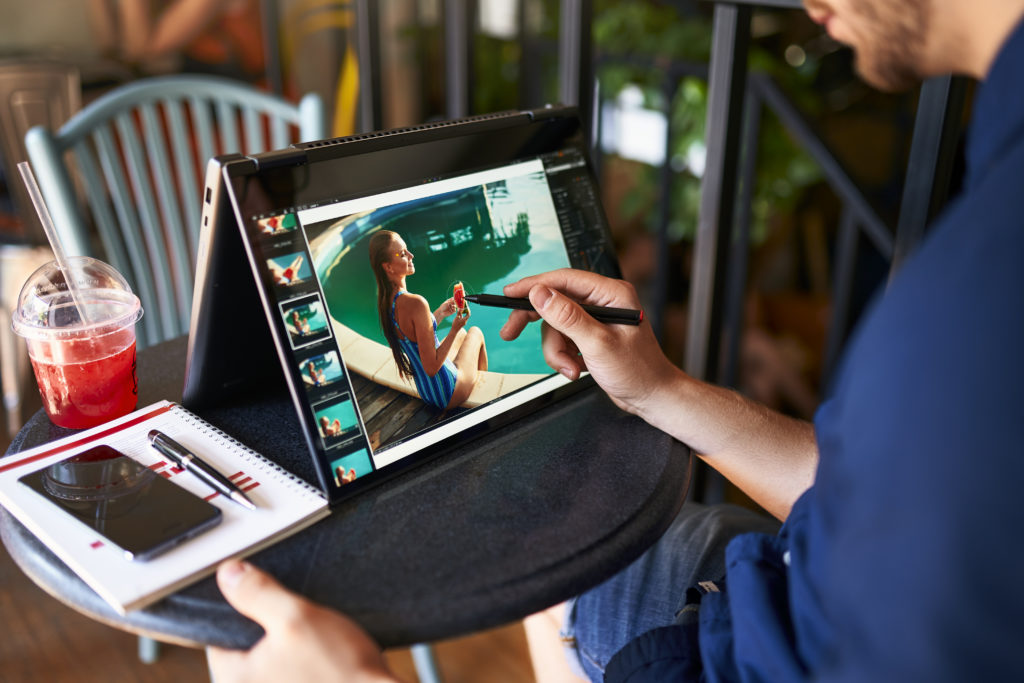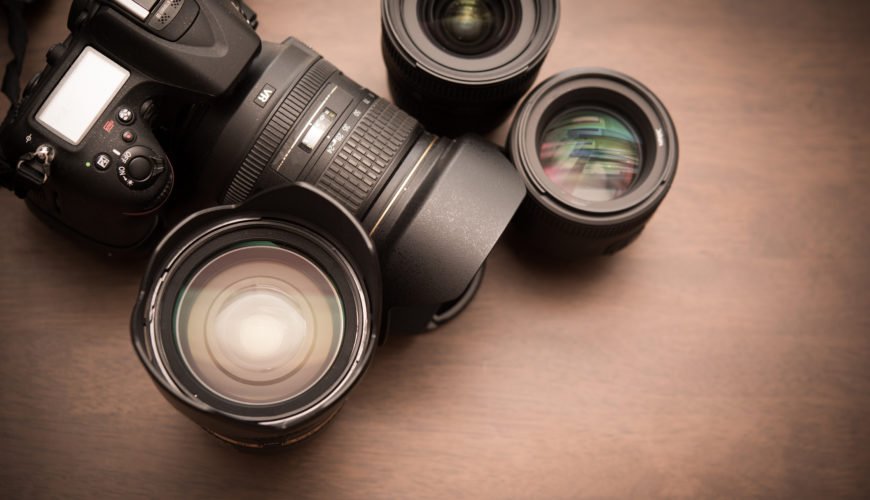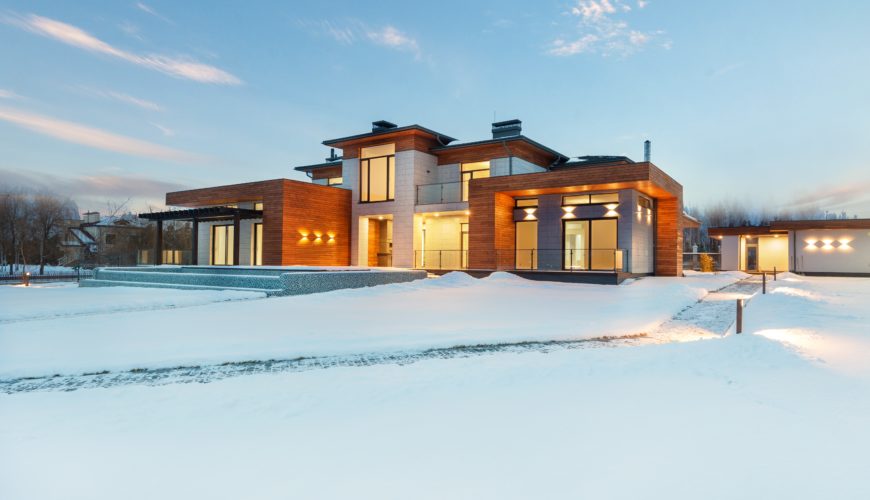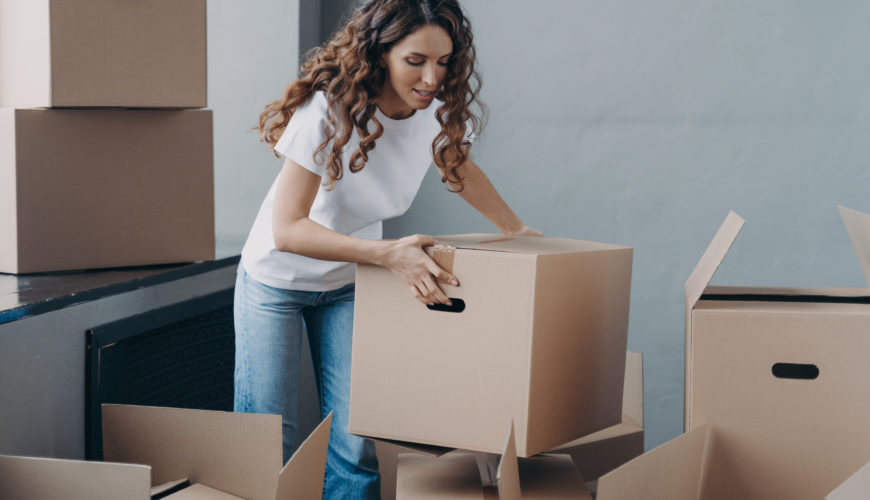Photography has been a growing industry since the invention of the very first cameras. Since those days, professional photographers have had their complete set of equipment to have the edge over their competitors. In most cases, having the right gear in photography fills in half the need of being a quality photographer.
With numerous technological innovations, photographers of today have added a lot of new devices to make their photos’ quality better. T Marie Creative Co offers a wide range of boudoir photography in Vegas. Suppose you’re planning to start your career in photography; in that case, you need the different essential gear you need to invest in. Read on to learn more about some of the typical gear one will need to look into before diving into the world of professional photography.
Camera
Photography isn’t possible without cameras. Many professional photographers use these devices to capture their clients’ best moments in weddings, baptisms, and other important life celebrations. If you’re into photography, you probably know that there are two main types of cameras—mirrorless and digital single-lens reflex (DSLR)—professionals use.
To know the difference and similarities between the two, here’s a list of their features:
- Size and weight: Generally, mirrorless cameras are lightweight and smaller than DSLR because they don’t have flip-up mirrors. For this same reason, mirrors plus prism make DSLR cameras heavier and more prominent.
- Image quality: The development in camera manufacturing has led to a better quality of images. The improvement reduced the visual noises that were very common in many old cameras. Because of this, most mirrorless and DSLR cameras produce high-resolution images. Still, beginning photographers need to balance image features and components to achieve the best photo quality.
- Lens Quality: DSLRs have various lenses to choose from suitable to any situation and focus. On the other hand, mirrorless types have fewer options.
- Focus System: DSLR uses conventional phase detection, ideal for shooting moving subjects in sports and wildlife. In contrast, mirrorless cameras are said to work best in still subjects.
- Viewfinder: DSLR’s viewfinder typically doesn’t display the previews of images. Mirrorless, on the other hand, shows what the final shots might look like.
- Battery Life: DSLRs can take more shots than mirrorless as the latter functions in live view mode. Hence, mirrorless consumes more battery life.
When choosing a camera, you could base your decision on your photography needs. You may start with cameras featuring autofocus for easy shot placement. In addition, you may consider a high-end DSLR if you desire high-resolution images, even in panned situations. Yet, having both the DSLR and mirrorless cameras is advisable so you can take the best shot that’d satisfy your clients.

Computer Or Laptop
Generally, you’d use a computer to process your images. You could enhance, crop, and make the most of any image with the appropriate photography software. Having a spare laptop is significant, especially in situations when your customer needs quick turnovers of images. In this case, you may opt to have a portable laptop that could edit and process what you’ve taken on the fly.
Supplemental Camera Lenses
Typically, photographers start with a camera and a couple of lenses. These are essential tools in learning the craft while they still get into its groove. If you want to develop your composition skills manually, you may use a prime lens first. This type has no zoom functions, so photographers need to plan out your shot before taking it.
When you become used to them, you may start using a zoom lens. You can now start taking pictures at different distances. Before you buy a lens, you may think about the image you want to produce. If you’re going to take headshots, you may use an 85mm prime lens or 70-200mm zoom lens. For photos with a lot of close-ups such as in weddings, you may try 24mm or 35mm.
Lighting Fixtures And Reflectors
If you want to get serious with your photography career, you may start big with lighting and reflectors. These are necessary to ensure that the images are well-lit and clear. If you find buying light and reflectors too expensive for beginning photographers, you may rent first. These items are also rented from other photographers or studios.
Spare Batteries And Memory Cards
Rechargeable batteries are necessary for photography. In most cases, the sessions run long and consume more than one full battery. Having spare batteries makes sure that photographers can continue their work unhindered. Additional memory cards, in addition, serve as extra storage for images after primary or default memory cards have already exceeded their capacity.
Wrapping Up
When choosing photography gear, you may consider your needs first. Generally, cameras and other devices are expensive, so you could start with those you’ll use more often. If you have the money for buying the whole package upfront, you may immediately dwell on what photography type you’re going to be practicing.




